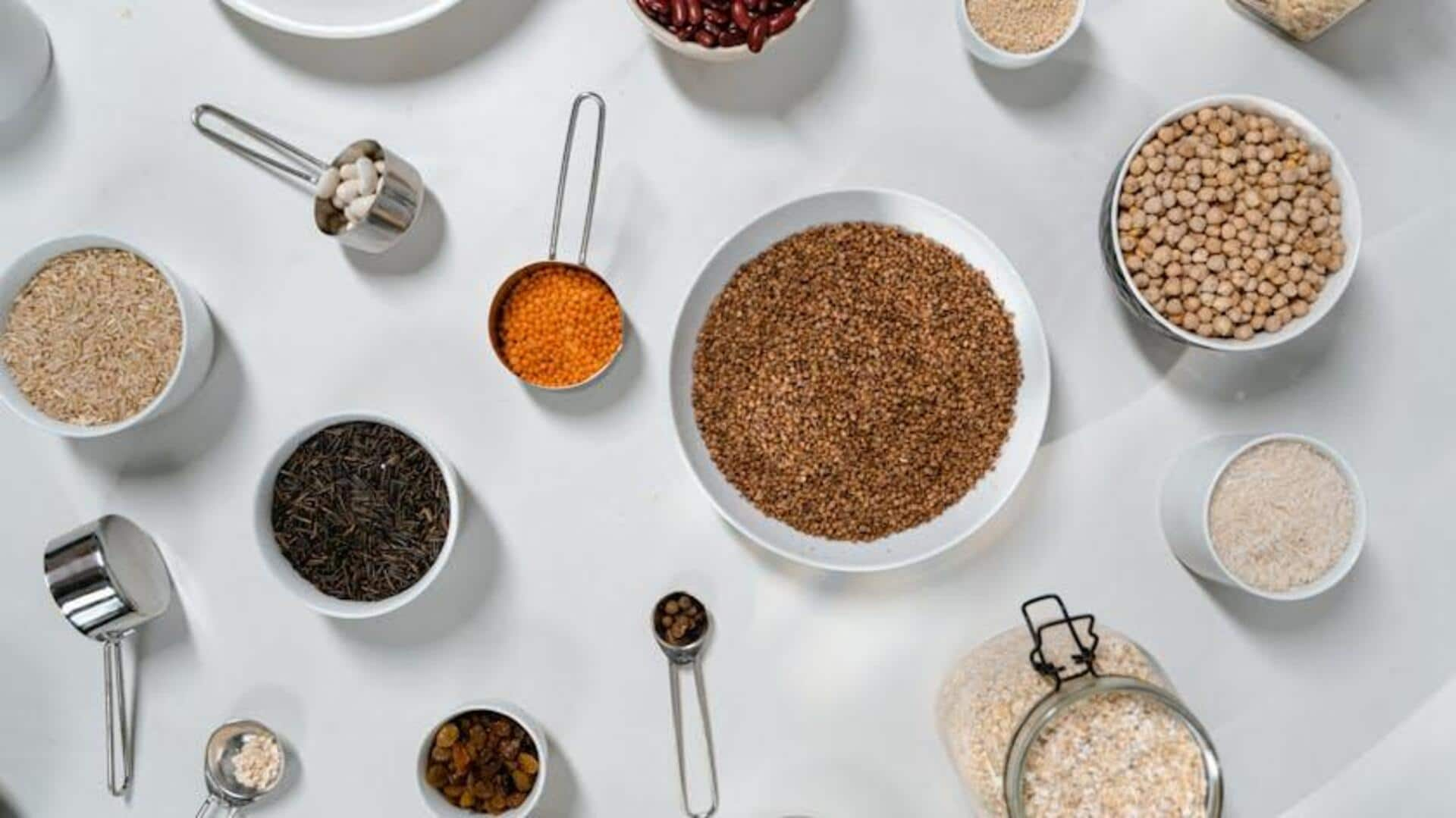
Central African cuisine is a vibrant tapestry of flavors, woven from the countless cultures and traditions that span this vast region. One key thread in this culinary tapestry is the use of plant-based ingredients. They are the heart and soul of many traditional dishes.
These plant-powered ingredients are the secret to the rich stews and zesty sauces that define Central African food. Staple grains and tubers Central African cuisine revolves around a hearty selection of grains and tubers, providing the region's main carbohydrate staples. Fresh cassava and cassava flour are ubiquitous.
They're the building blocks of fufu , a starchy, dough-like sidekick to most meals. Maize and millet hold their own too, regularly ground into flour for comforting porridge or fermented for a taste of tradition in drink form. Rich array of vegetables Vegetables play a crucial role in Central African plant-based cuisine, providing both flavor and nutrition.
Okra is a standout, used for its thickening properties in stews and soups. Spinach, amaranth leaves, and sweet potato leaves are essential for their vitamins and minerals. They also add a pop of color to dishes.
Eggplants and tomatoes are also important, adding depth to sauces with their distinct flavors. Flavorful spices and herbs The judicious use of spices and herbs sets Central African cuisine apart. Staples like coriander, cumin, cardamom, ginger, and nutmeg lend dishes a subtle warmth without overwhelming the palate.
And fresh herbs - think parsley, basil, thyme - are key for finishing dishes, infusing them with a fresh aroma that complements their rich flavors. Legumes: A protein source Without meat products, legumes become the star player for protein in Central African plant-based diets. Lentils, chickpeas, and different kinds of beans are common additions to meals.
They supply crucial amino acids and add texture, making dishes heartier. Black-eyed peas are a favorite, often used in stews. They soak up flavors from spices but hold their shape well, creating a satisfying bite.
Fruits: Sweetness and tartness Exotic fruits such as mangoes, papayas, and pineapples add a touch of natural sweetness, complementing the savory flavors found in many Central African dishes. Both ripe and unripe bananas are used in cooking, adding thickness to sauces or accompanying main courses as side dishes. Plantains, a staple ingredient, are frequently fried or boiled, contributing a satisfying, almost "comfort food" quality to meals with their starchy but slightly sweet taste.
.










